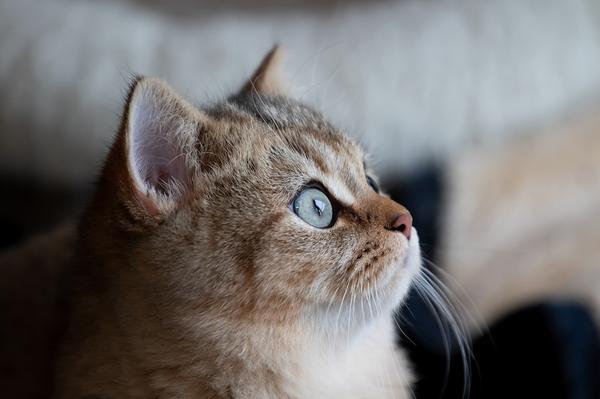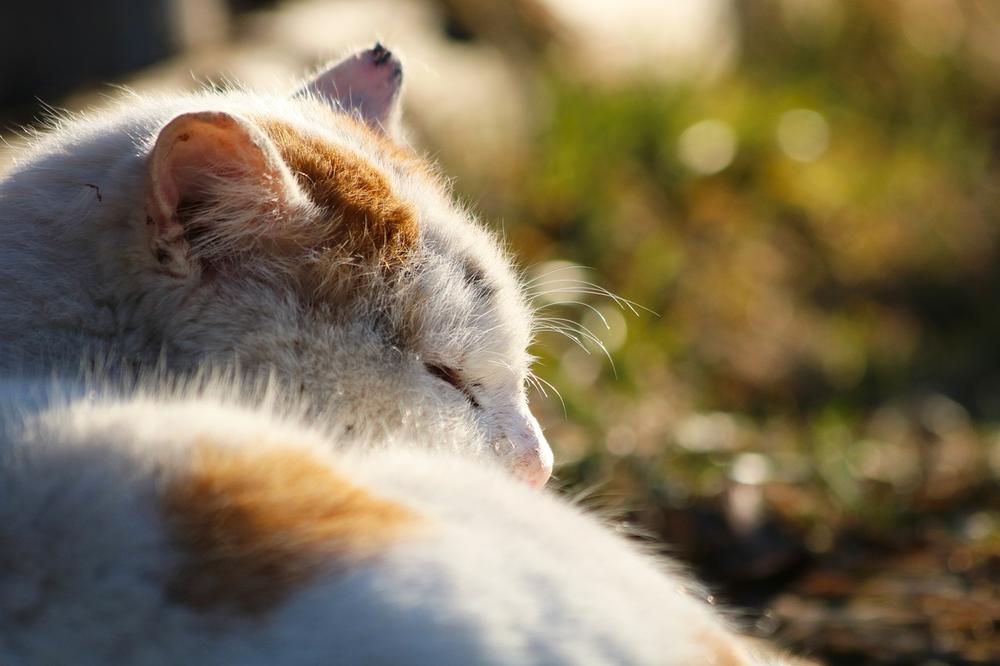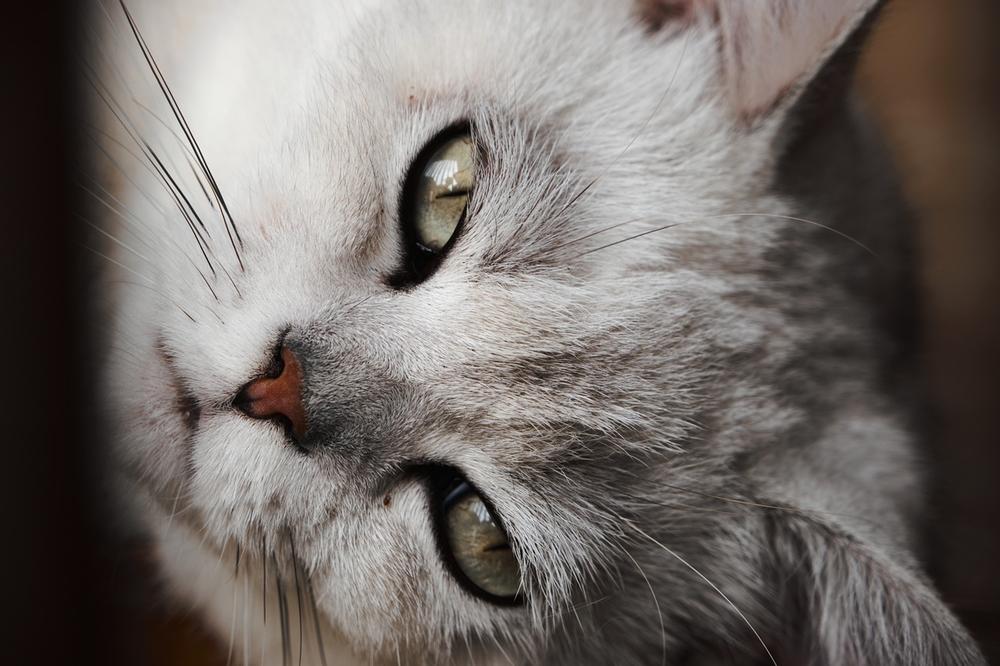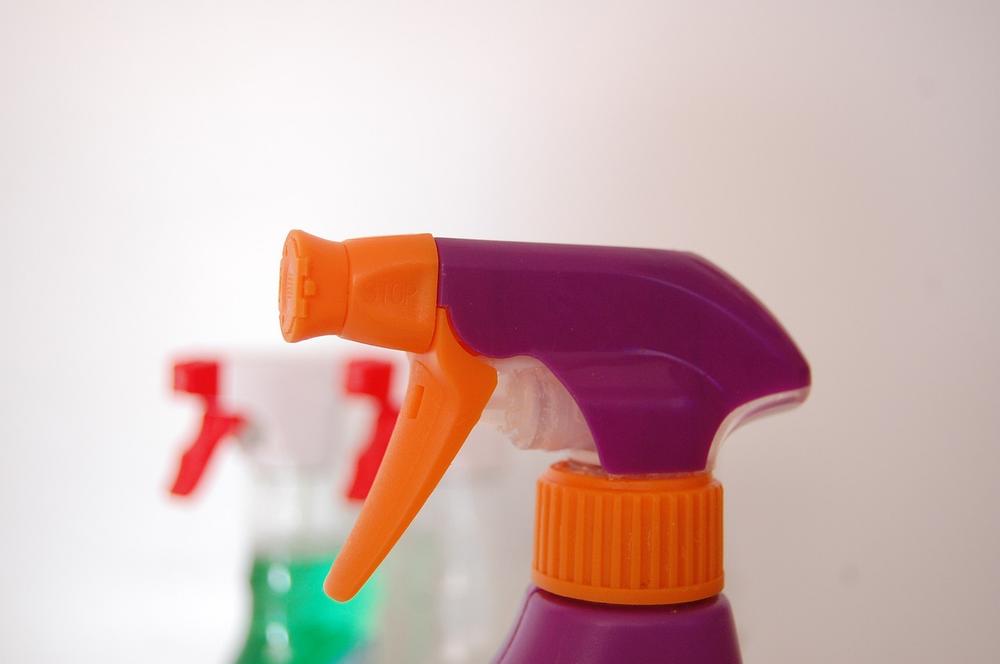How to CLEAN a Litter Box With BLEACH (Useful Guide)

Can I be brutally honest with you?
Cleaning a litter box can be a real pain in the you-know-what. 😩
The stench, the mess, the frustration - it's like a horror movie starring your nostrils.
And let's not even get started on the consequences of not cleaning it properly.
Your home becomes a breeding ground for bacteria, your cat develops health issues, and your sanity goes out the window.
But fear not, my fellow feline lovers.
In this I Care for Cats guide, I'll reveal the secret to safely cleaning your litter box with bleach.
So put on your gloves, grab your bleach, and let's kick some litter box bacteria butt.
Let's go!
How Do You Clean a Cat Litter Box With Bleach?
Here is a step-by-step guide to cleaning your cat litter box with bleach:
- Start by emptying the litter box and disposing of any waste.
- Gather the necessary supplies, including bleach and water.
- Dilute the bleach with water, following the recommended ratio on the bleach bottle.
- Use this solution to thoroughly scrub the litter box, making sure to clean all surfaces.
- Rinse the box with water to remove any remaining bleach residue.
- Allow the litter box to air dry completely before adding fresh litter.
- Alternatively, you can soak the litter box in hot water once a week to effectively clean it.
- During regular maintenance, make sure to scoop out any sediments or clumps daily.
- Clean the litter box at least once a week to prevent unpleasant odors and bacterial growth.
Please keep in mind these additional tips for safe litter box cleaning:
- Avoid mixing bleach with cat urine, as it can create toxic chlorine gas. Rinse the litter box with water before applying bleach.
- To minimize spillage, clean the litter box outside or in an area that is easy to clean.
- Consider deep cleaning the litter box at least once per week to maintain proper hygiene for your cat.
Maintaining a clean litter box is essential for your cat's health and well-being. 😺

And you have to note that while bleach is a powerful disinfectant for cleaning your cat litter box, there is one crucial exception when it comes to its use.
Let's explore why you should avoid using bleach on cat urine and what alternatives are available...
Can You Use Bleach to Clean Your Cat’s Litter Box?
While bleach is a powerful disinfectant for your cat's litter box, it should not be used when there is urine present. The reaction between bleach and cat urine releases toxic chlorine gas. Instead, opt for a safe and natural alternative like a vinegar and water mixture.
Let me get straight to the point.
If you want to disinfect your cat's litter box, bleach is a powerful option. It can eliminate all sorts of germs like bacteria, fungus, and viruses.
But here's the thing...
When the litter box has pee in it, bleach is not your go-to choice.
Confused?
Let me explain.
Bleach doesn't mix well with cat urine.
And no, I'm not just talking about bleach and ammonia. Stay away from that combination too!
Here's what happens: When bleach reacts with the urea in cat urine, it releases a toxic gas called chlorine gas into the air.
I know what you're thinking...

"But cleanliness is crucial, right?"
Absolutely!
Regularly cleaning your cat's litter box is essential to their well-being.
So, what should you do instead?
Well, I've got a solution for you...
You can use a mixture of vinegar and water as an alternative.
It's natural, safe, and there are no harmful fumes involved.
Simply combine equal parts vinegar and water, then thoroughly spray or wipe down the litter box.
That should solve the problem!
Folks, keeping those litter boxes clean is important, but steer clear of bleach when dealing with urine.
Your feline friend will definitely appreciate it!
And now, let's talk about the important precautions and safety measures you need to keep in mind while cleaning with bleach...
How to Clean a Litter Box Safely
When it comes to cleaning a litter box, it can be quite a job. But it's important for keeping things tidy and your furry friend healthy.

Here are some practical tips to safely clean your litter box:
- Make sure you're protected by wearing gloves, a mask, and eyeglasses when working with bleach. You don't want any harmful exposure. 😷
- Use just a little bit of bleach and rinse the box well. You don't want any leftover residue that could hurt your cat.
- Disinfectant wipes can come in handy, but remember to give them a good rinse and follow up with water for the litter box.
- Remember: never mix bleach with ammonia or vinegar. It can create toxic gas that you definitely don't want around.
- If you're pregnant, take extra precautions. Avoid touching your face and wear rubber gloves while cleaning the box.
- Be aware that bleach can cause problems for cats, like FLUTD, FUO, respiratory issues from chlorine gas, and even poisoning if they accidentally swallow bleach.
- Keep it clean on the regular! Scoop daily and do a thorough clean every two weeks. This will keep things fresh, prevent odors, and make sure everyone, including your pets and family, stays happy and healthy.
You'll achieve a tidy litter box and keep your cat content and in good health by adhering to these safety precautions and cleaning procedures.
In addition to learning how to clean a litter box safely, you may find my article helpful for those curious about effectively cleaning cat poop off a blanket.
Discover the tips and techniques I've shared in How to Clean Cat Poop Off the Blanket.
Does Bleach Deodorize Cat Litter?
Bleach does not deodorize cat litter
Contrary to what many people think, bleach won't get rid of those nasty smells from your cat's litter box. In fact, it can actually smell like animal urine, which would probably make your cat stay away from the litter box until the stench is gone.
And I don't think you want that.
Cats are sensitive to bleach and scented litter
Cats have super sensitive noses, so it's best to avoid using anything with a strong smell, including bleach and scented litter.
The scent of bleach can be too overwhelming for them, causing them to avoid the litter box altogether.
This could lead to your cat finding other spots in your home to do their business, and that's definitely not what you want.
Baking soda is a better alternative for deodorizing litter boxes
Instead of using bleach, give baking soda a try to get rid of any yucky smells in your cat's litter box.
It's safe for both you and your furry friend, and it works really well at eliminating odors without leaving behind any strong smells that might discourage your cat from using the litter box. Just sprinkle some baking soda on the bottom before adding the litter, and it'll absorb any funky smells before they become a problem.
Oh, and when choosing litter, go for the unscented kind without any fancy floral stuff added. You know, something that doesn't overpower you or your cat with its scent.
What Are the Advantages of Using Bleach to Clean the Litter Box?
Using bleach to clean the litter box has its advantages, which you may find appealing.
Firstly, bleach is cost-effective compared to those expensive cleaning solutions in the market. Save your hard-earned money with this affordable alternative that gets the job done. Not only is bleach cheap, but it's also a powerful disinfectant.
With its germ and virus elimination abilities, you can be sure of a clean and hygienic litter box for your furry friend.
What Are the Substitutes of Bleach for Cleaning a Cat’s Litter Box?
When it comes to cleaning your cat's litter box, bleach is not the only option.

In fact, there are several natural alternatives that can get the job done just as effectively.
- Vinegar: This versatile household product is perfect for tackling tough stains and odors. Simply mix equal parts vinegar and water, soak the litter box in the solution, and let it sit for a few minutes before scrubbing clean.
- Baking soda: Known for its odor-absorbing properties, baking soda can be sprinkled on the bottom of the litter box to help neutralize any unpleasant smells. Just remember to rinse it out thoroughly before adding fresh litter.
- Hydrogen peroxide: If you're dealing with particularly stubborn stains or germs, hydrogen peroxide can be used as a disinfectant. Mix equal parts hydrogen peroxide and water, apply it to the litter box, and let it sit for a few minutes before rinsing clean.
- Unscented dish soap: For a more gentle approach, opt for unscented dish soap mixed with warm water. Soak the litter box, scrub away dirt and grime with a sponge or brush, and rinse thoroughly.
Safety should always be a priority when cleaning your cat's litter box.
Wear gloves to protect your hands, and ensure to thoroughly rinse and dry the box before adding fresh litter.
Bleach vs. Alternatives: A Clean Litter Box
Key Takeaways:
- Gather necessary supplies before cleaning the litter box with bleach.
- Dilute bleach with water and use it to scrub the litter box thoroughly.
- Rinse the litter box with water and let it dry after cleaning.
- Avoid using bleach with cat urine to prevent toxic chlorine gas.
- Empty and soak the litter box in hot water weekly for easy cleaning.
- Regularly scoop out sediments and clumps, deep clean at least once a week.
- Bleach is a disinfectant, not a cleaning agent.
- Use small quantities of bleach and rinse the box to avoid residues.
- Wear protective gear such as gloves, mask, and eyeglasses when working with bleach.
- Cats are sensitive to bleach odors, use baking soda to deodorize.
- Bleach can be a cost-effective and powerful disinfectant for cleaning.
- Alternatives to bleach include vinegar, baking soda, and hydrogen peroxide.
And that wraps up today's article.
You've reached the end of my blog post, so I wanted to ask you something. Did you enjoy it? I put a significant amount of effort into crafting comprehensive and helpful blog posts. It actually takes up quite a bit of my time (in a good way). That's why I would be truly grateful if you click on any of the social sharing icons to share this blog post with others. Thank you for your support!
Talk soon,
-Sarah Davis